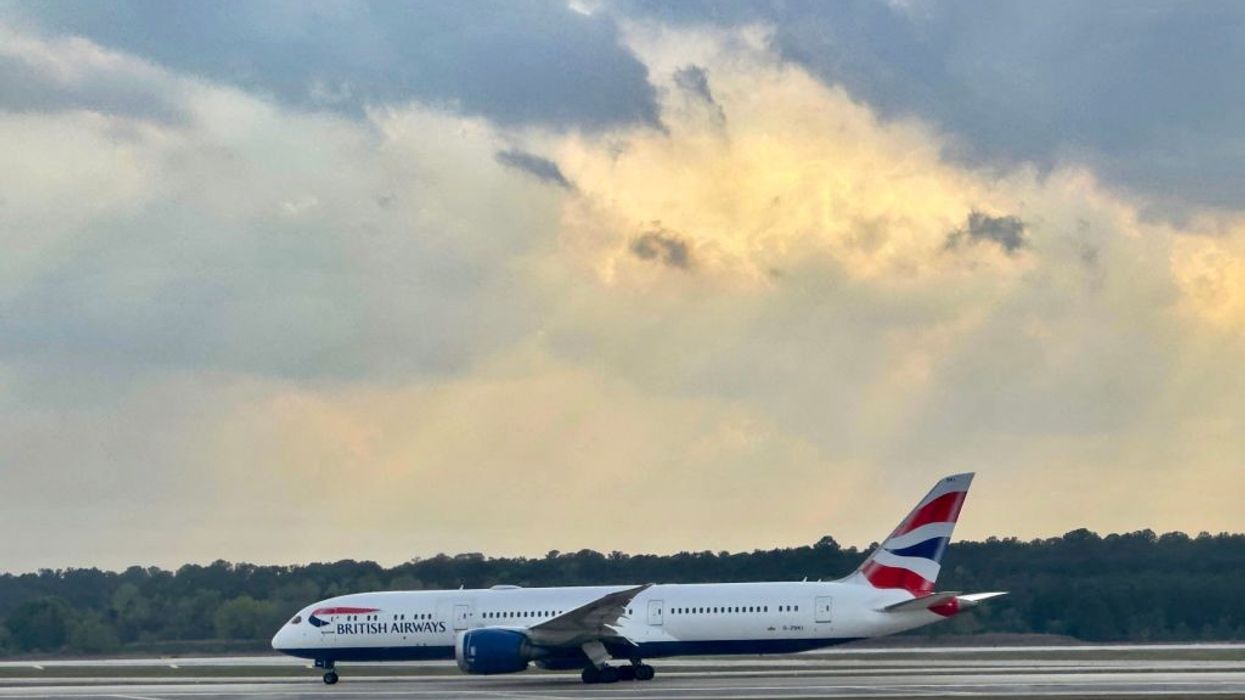PASSENGERS and crew members of a British Airways flight who were taken hostage in Kuwait in 1990 are intending to take legal action against the British government and the airline, a law firm said Tuesday (12).
Passengers on BA flight 149 were taken off the Kuala Lumpur-bound plane when it landed in the Gulf state on August 2 that year, hours after Saddam Hussein's troops swept in.
Some of the 367 passengers and crew spent more than four months in captivity, including as human shields against western attacks at the hands of the Iraqi dictator.
Representing a group of former BA staff and passengers who were aboard the flight, McCue Jury & Partners said "the victims are taking legal action to ensure the truth is fully disclosed, those responsible are held to account, and due compensation is paid".
The law firm said that "what the hostages now know is that evidence exists" that the UK government and the airline "knew the invasion had already begun" but allowed the flight to land anyway.
And that they did so because "the flight was being used to insert a black ops team of former special forces and security services" into Kuwait, the firm added.
According to the law firm, the claim is currently at the pre-action stage and they expect to file the case early next year with the High Court in London.
The firm is appealing for more passengers or crew of the BA flight to join the legal action.
It said each of the hostages "may claim an estimated average of £170,000 ($213,000) each in damages".
"We were not treated as citizens, but as expendable pawns for commercial and political gain," Barry Manners, who was on the flight and is taking part in the claim, said.
"A victory over years of cover up and bare-faced denial will help restore trust in our political and judicial process," he added.
Files released in November 2021 revealed that the UK ambassador to Kuwait informed London about reports of an Iraqi incursion before the flight landed but the message was not circulated to BA.
There have also been claims, denied by the government, that London knowingly put passengers at risk by using the flight to deploy undercover operatives and delayed take-off to allow them to board.
A UK government spokesperson said "responsibility for these events and the mistreatment of those passengers and crew lies entirely with the government of Iraq at the time".
British Airways has always denied accusations of negligence, conspiracy and a cover-up.
A BA spokesperson said the government records released in 2021 "confirmed British Airways was not warned about the invasion".
(AFP)





